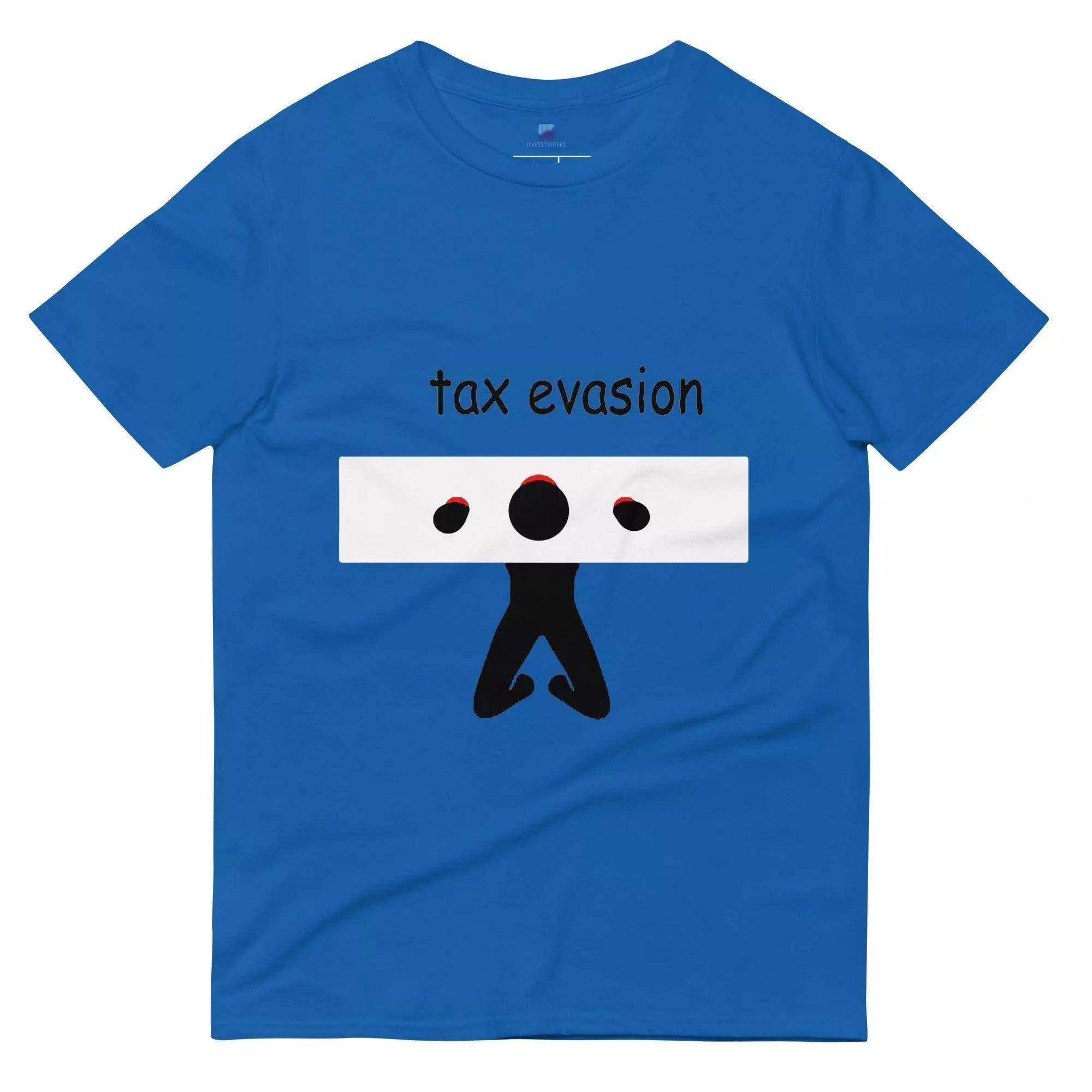
Tax Season Prep: Essential Trading Tax Documents
If you’re an active investor or even a casual trader, tax season can feel daunting. Knowing which trading documents are essential for filing your taxes, when to expect them, and how to interpret their contents can make the process much smoother.
When you trade securities such as stocks, bonds, ETFs, or options, each transaction creates a potential taxable event. Whether you make a profit or incur a loss, the IRS requires you to report your trading activity. Trading documents provide a detailed record of these transactions and are essential for calculating your tax liability. Missing or misinterpreting these documents could lead to inaccurate filings, potential penalties, or missed deductions.
Key Trading Documents to Expect
As a trader, there are several critical forms you should expect to receive from your brokerage or financial institutions. Below is a breakdown of the most common documents:
Form 1099-B: Proceeds from Broker and Barter Exchange Transactions
Form 1099-B is one of the most important documents for traders. It summarizes the gross proceeds from sales of securities and includes details such as:
- Date of sale and acquisition
- Proceeds from the sale
- Cost basis of the security
- Type of gain or loss (short-term or long-term)
You will need this form to complete Schedule D (Capital Gains and Losses) on your tax return.
Form 1099-DIV: Dividends and Distributions
If you’ve earned dividends or received capital gains distributions from your investments, Form 1099-DIV will outline these amounts. Key sections include:
- Ordinary dividends
- Qualified dividends
- Capital gains distributions
These figures will help you determine your taxable income.
Form 1099-INT: Interest Income
For those who earn interest from bonds or cash accounts like money market funds, Form 1099-INT is essential. It lists the interest income earned, which must be reported as taxable income.
Form 8949: Sales and Other Dispositions of Capital Assets
While Form 1099-B provides a summary, Form 8949 breaks down each transaction individually. You’ll use this form to reconcile discrepancies and ensure accuracy in reporting gains or losses.
A Consolidated Tax Statement
Most brokerages provide a consolidated tax statement, which bundles multiple forms (e.g., 1099-B, 1099-DIV, 1099-INT) into a single document. This simplifies the process by providing all the necessary information in one place.
When Should You Receive Trading Documents?
The timing of receiving trading documents is critical for planning and meeting tax deadlines. Here’s what to expect:
1099 Forms
Brokerages are required to send out Form 1099-B, 1099-DIV, and 1099-INT by February 15th of the tax year. Some institutions may offer electronic access earlier.
Form 8949 and Consolidated Statements
These are typically available around the same time as the 1099 forms, often by mid-February.
Amended Forms
Occasionally, brokerages may issue corrected forms if discrepancies are found. Be prepared to receive these as late as March or April.
To avoid delays, opt for electronic delivery when available and ensure your contact information is up to date with your brokerage.
How to Interpret Trading Documents
Understanding the information in your trading documents is crucial for accurate reporting. Here’s how to break down the key components:
Short-Term vs. Long-Term Gains
Short-term Gains
Apply to securities held for one year or less and are taxed at your ordinary income tax rate.
Long-term Gains
Apply to securities held for more than one year and benefit from lower capital gains tax rates.
Cost Basis
The cost basis is the original purchase price of a security, including commissions or fees. It’s used to calculate your gain or loss when you sell the asset. Be sure to verify the accuracy of the cost basis listed on your Form 1099-B.
Wash Sale Rules
If you sell a security at a loss and repurchase the same or a substantially identical security within 30 days, the IRS’s wash sale rule disallows the loss. These transactions will be noted on your 1099-B.
Dividends and Interest
Qualified dividends, as noted on Form 1099-DIV, are taxed at a lower rate compared to ordinary dividends. Similarly, understanding taxable vs. tax-exempt interest from Form 1099-INT is essential for accurate reporting.
How to Use Trading Documents to File Taxes
Filing taxes as a trader involves several steps:
Gather All Documents
Ensure you’ve received all necessary forms, including 1099s and any consolidated statements.
Use Tax Software or Consult a Professional
Tax software can import forms directly from your brokerage, simplifying the process. Alternatively, a tax professional can provide personalized advice.
Complete Schedule D and Form 8949
These forms are used to report capital gains and losses.
Check for Accuracy
Cross-reference your trading records with the information on your 1099 forms to ensure there are no errors.
Common Pitfalls to Avoid
Mistakes during tax filing can lead to audits or penalties. Here are some common pitfalls to watch for:
Overlooking Wash Sale Adjustments
Ensure wash sale adjustments are correctly applied.
Ignoring Amended Forms
If your brokerage issues a corrected form, update your tax return accordingly.
Missing Deductions
Traders may qualify for deductions such as margin interest expenses or trading software costs. Don’t overlook these opportunities.
Special Considerations for Day Traders
If you qualify as a day trader under IRS rules, you may be eligible for mark-to-market (MTM) accounting, which simplifies reporting by treating all gains and losses as ordinary income. However, you must elect this status in advance and meet specific criteria, such as frequent and substantial trading activity.
Staying Organized Throughout the Year
To make tax season less stressful, adopt good record-keeping habits year-round:
Maintain a Trading Log: Track each trade, including dates, amounts, and fees.
Review Monthly Statements: Regularly review your brokerage statements to catch errors early.
Use Tax Software: Many platforms integrate with brokerages, streamlining record-keeping and filing.
Tax Deadlines to Remember
- April 15th: Deadline for filing individual tax returns.
- October 15th: Deadline for filing extensions.
- Quarterly Estimated Taxes: If you’re a high-volume trader, consider paying estimated taxes quarterly to avoid penalties.
Conclusion
Filing taxes as a trader may seem complicated, but understanding the necessary trading documents, their timing, and how to interpret them can significantly simplify the process. By staying organized, leveraging tools or professional help, and being mindful of key deadlines, you can confidently navigate tax season and ensure compliance with IRS requirements. Remember, preparation is key—start early and keep detailed records to make tax time a breeze.





Leave a comment
This site is protected by hCaptcha and the hCaptcha Privacy Policy and Terms of Service apply.